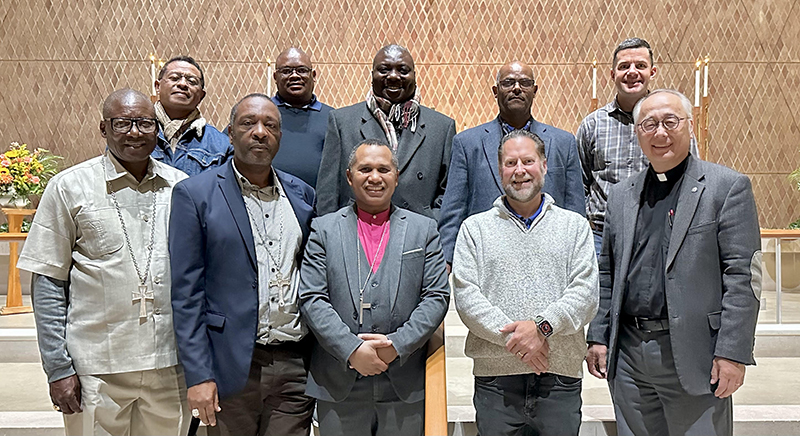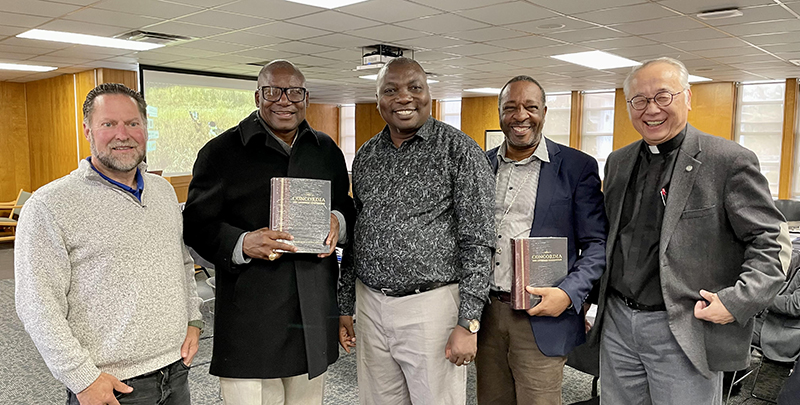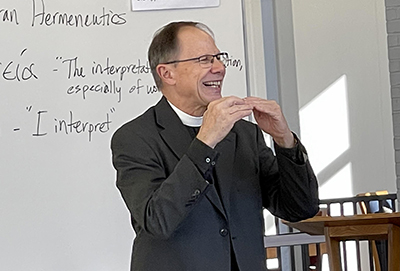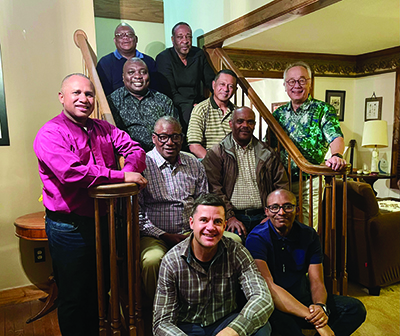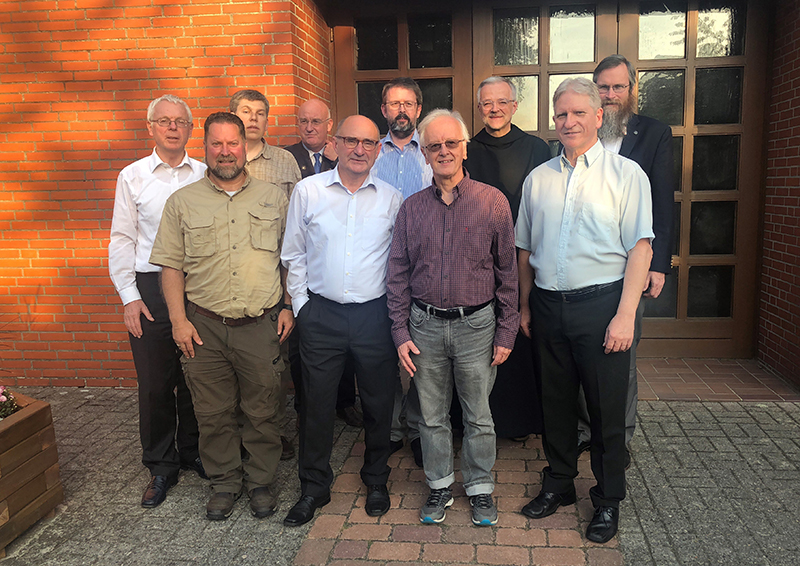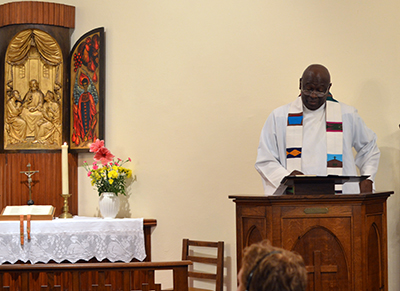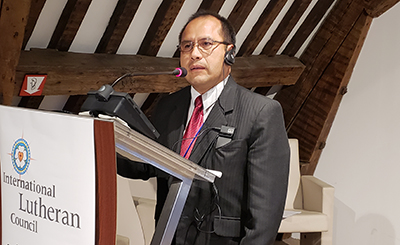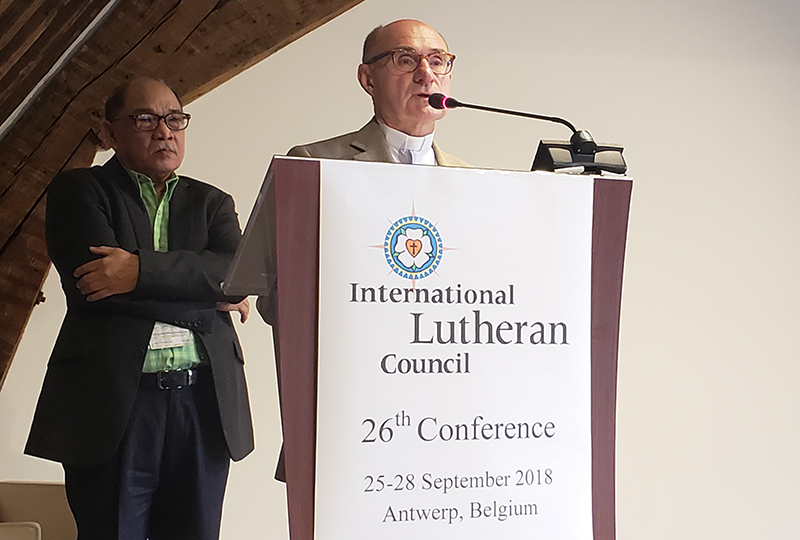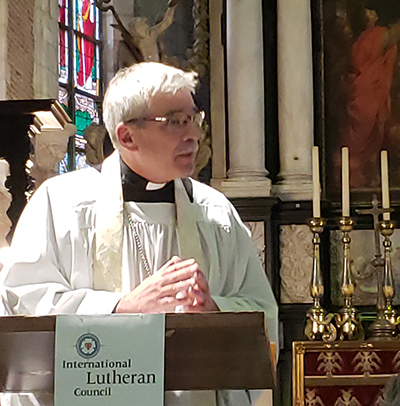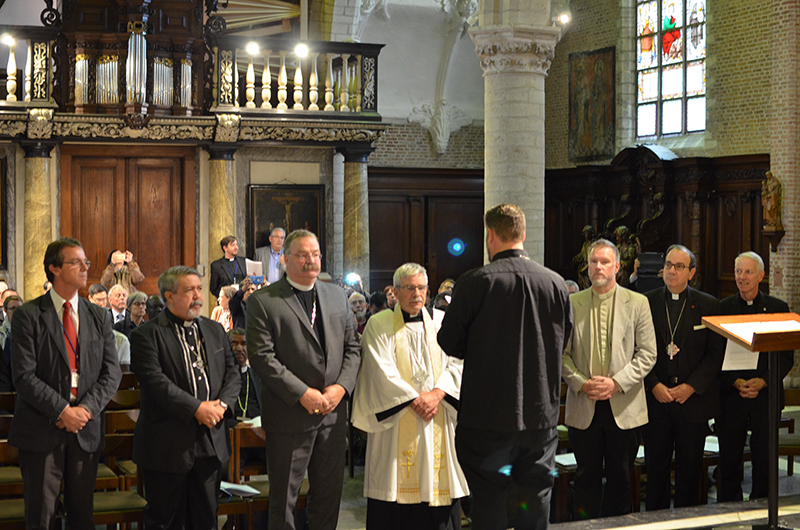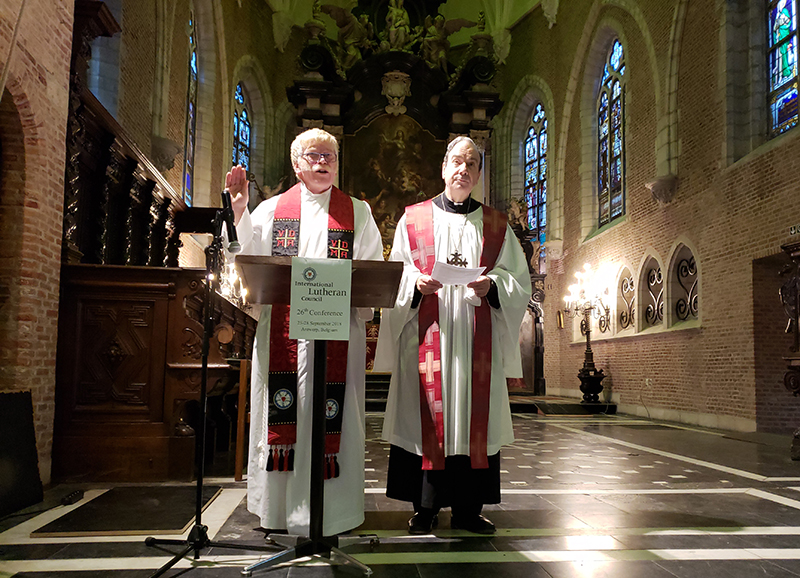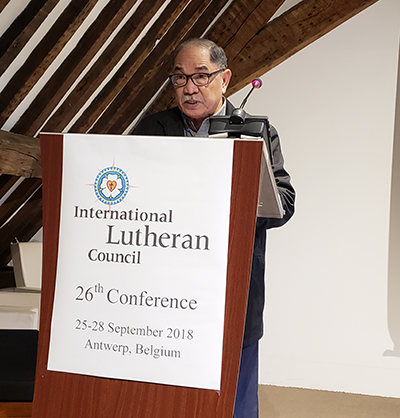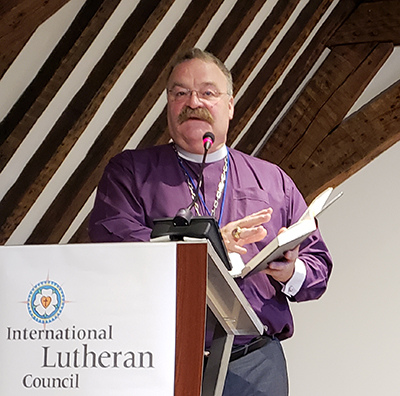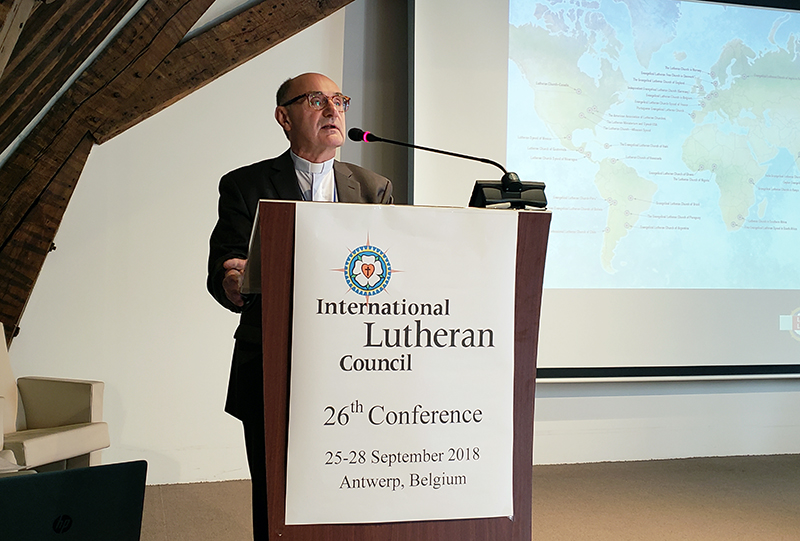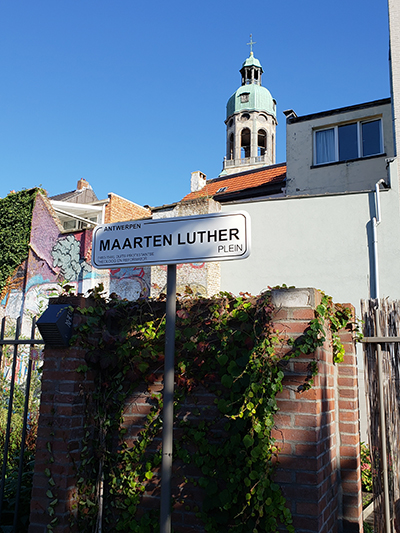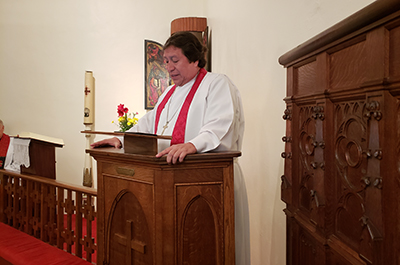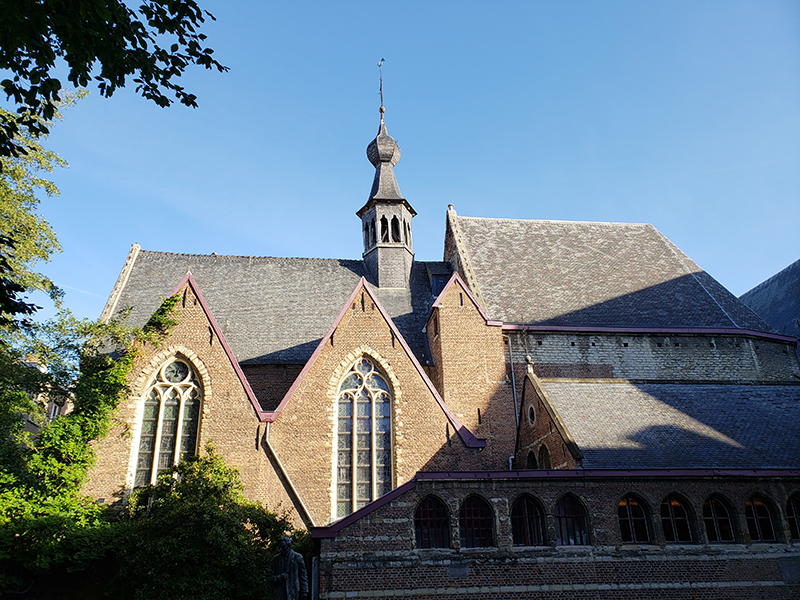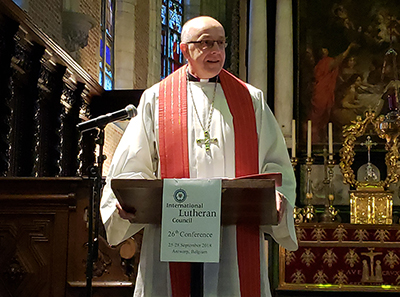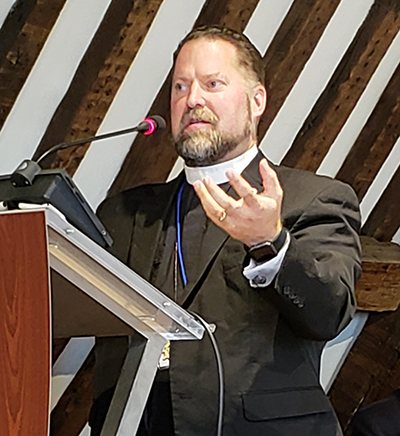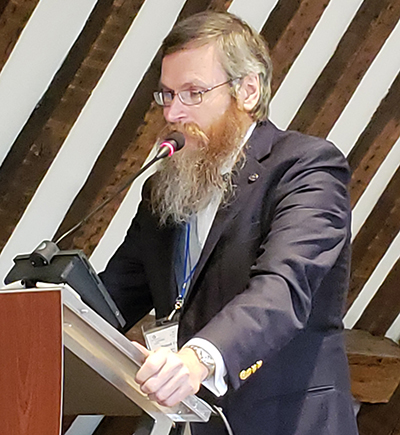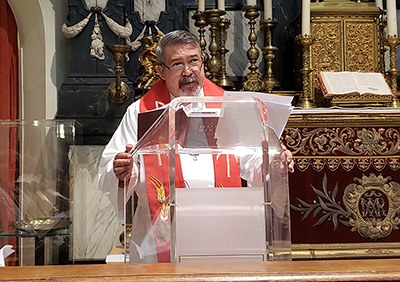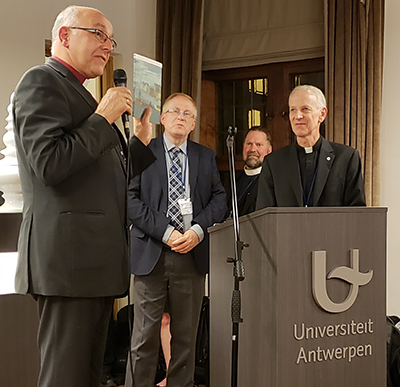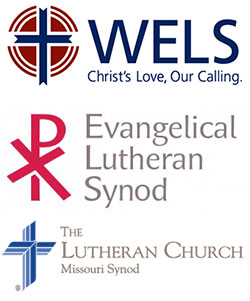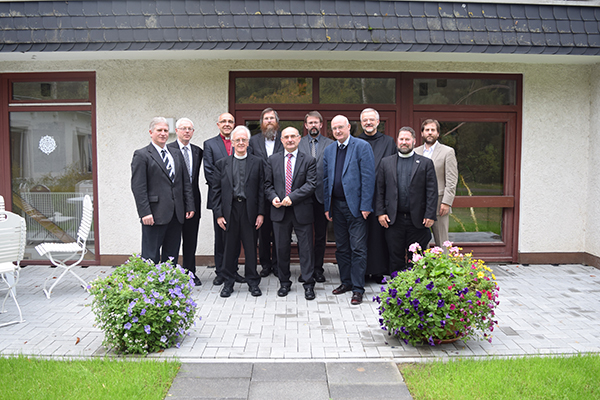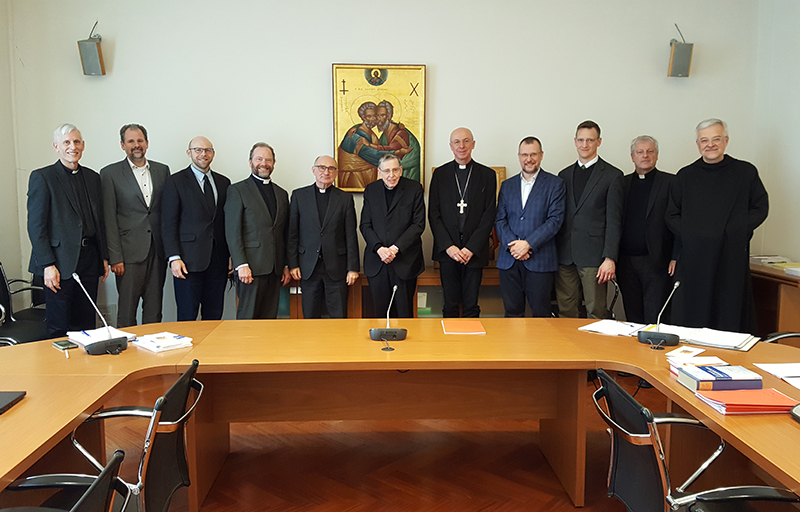
On March 1, 2024, the Dicastery for Promoting Christian Unity (DPCU) hosted the inaugural meeting of the Concordia Lutheran–Catholic Augustana Working Group, which met in Rome until March 2, 2024.
Cardinal Kurt Koch, Prefect of the DPCU, welcomed the members of the working group and encouraged them to explore the pre-confessional/ecumenical potential of the Augsburg Confession in more detail in view of the 500th anniversary of the Confessio Augustana in 2030.
The Augustana Working Group includes representatives of the International Lutheran Council (ILC) and the Catholic Church. Following the conclusion of the theological conversations between the ILC, an association of Concordia Lutheran churches, and the Catholic Church (2014–2019), both sides suggested the establishment of a working group as a distinct ecumenical-theological format.
The working group is not an official dialogue commission. The aim is not to produce a document of churchly consensus. However, the publication of the results of the joint research is intended to enrich the ecumenical discussion in an indirect way.
The working group is headed by two episcopal chairmen: on the Lutheran side by Bishop Dr. Juhana Pohjola, Bishop of the Evangelical Lutheran Mission Diocese of Finland / Chairman of the ILC; and on the Catholic side by Auxiliary Bishop Dr. Peter Birkhofer, Freiburg im Breisgau.
The working topic is: “Catholicity and Apostolicity in the Augsburg Confession, Examined in the Areas of Soteriology (Justification) and Ecclesiology (Ministry, Episcopate, and Ordination): a joint Lutheran–Catholic review of Augsburg Confession in a pre-confessional and ecumenical perspective.”
A total period of four years is planned for working on the topic. The next meeting will take place in Wittenberg on December 9 and 10, 2024.
Participants from the International Lutheran Council (ILC)
- Bishop Dr. Juhana Pohjola, Helsinki, Finland (Bishop of the Evangelical Lutheran Mission Diocese of Finland, ILC Chairman)
- Prof. Dr. Joel Elowsky, St. Louis, Mo., USA
- Prof. em. Dr. Werner Klän, D.Litt., Lübeck, Germany
- Asst. Prof. Dr. Jonathan Mumme, Hillsdale, Mich., USA
- Prof. Dr. Thomas Winger, St. Catharines, Ont., Canada
***
Prof. Dr. Klaus Detlev Schulz, Fort Wayne, Ind., USA (ILC General Secretary) – part-time participant, but not a member
Catholic Participants
- Auxiliary Bishop Dr. Peter Birkhofer, Freiburg im Breisgau, Germany
- Prof. Dr. Markus Lersch, Siegen, Germany
- Dr. Tim Lindfeld, Aachen, Germany
- Asst. Prof. Dr. James Prothro, Greenwood Village, Color., USA
- Father Dr. Augustinus Sander OSB, Vatican (Permanent Representative of the Dicastery for Promoting Christian Unity)
———————

